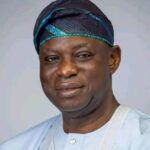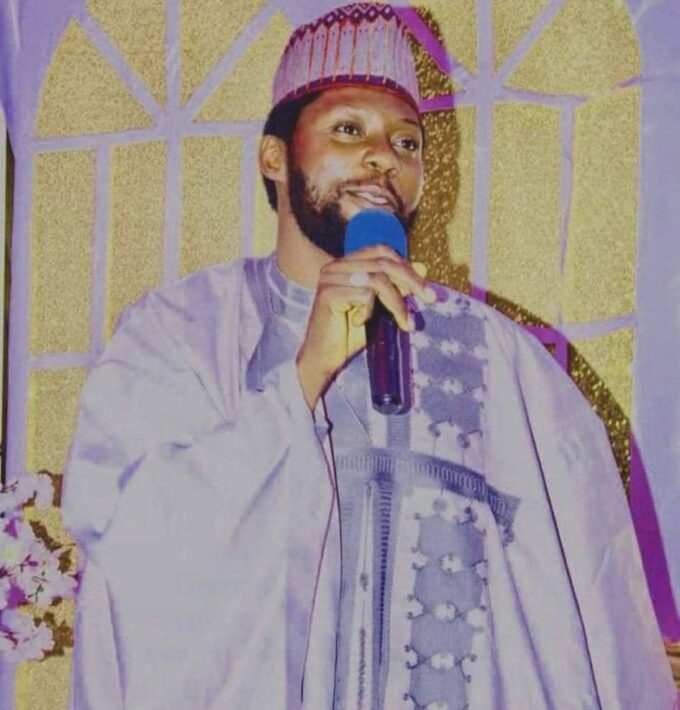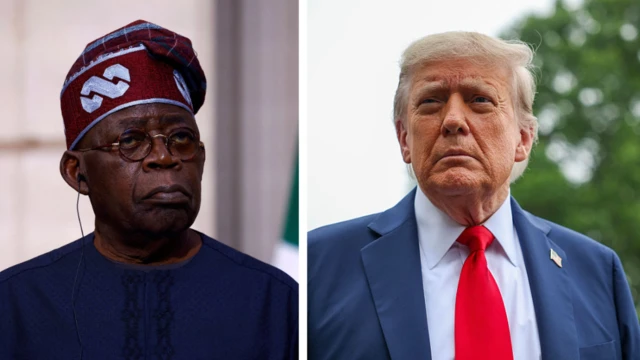Recently, I had the opportunity to engage in a thoughtful conversation with a few esteemed medical professionals. Among the many insightful revelations that emerged, one in particular stood out-shared by Nurse Yusuf Danlami Haruna of ABU Medical Centre, Zaria. He spoke in glowing terms about Dr Ndagi Al-Hassan, a highly experienced professional and newly appointed Registrar, Chief Executive Officer, and Secretary General by the administration of President Bola Ahmed Tinubu.
As I reflected on the information shared, and examined Dr Ndagi’s distinguished profile in the broader context of health development within the Global South, one conclusion became crystal clear to me: Nigeria urgently needs more transformational leaders like him.
Why Dr Ndagi Matters – My Perspective
In a nation striving to reform its healthcare system, strengthen institutional frameworks, and advance educational standards, the relevance of exemplary individuals such as Dr Ndagi cannot be overstated.
From serving as a staff nurse in the late 1980s to rising through the ranks to become a director at the Nursing and Midwifery Council of Nigeria, and now assuming a prominent national leadership role, his career trajectory exemplifies commitment, resilience, and professional maturity.
What sets Dr Ndagi apart is not merely his extensive academic background, including a PhD in Nursing and multiple degrees in Nursing Science-but his synthesis of practical experience and visionary thinking. His story embodies the principles of Max Weber’s theory of bureaucratic leadership, which posits that legitimacy and efficiency in public service arise from competence, clear structure, and meritocracy.
Learning from Nrs Yusuf’s Perspective
The insights shared by Nurse Yusuf went beyond academic achievements. He painted a picture of Dr Ndagi as a man of character, discipline, and unflinching dedication to service. His numerous awards and recognitions are not symbolic; they are earned acknowledgements of decades spent in advancing nursing education and health governance in Nigeria.
It is often said that public administration, when rooted in ethical standards and guided by human development theory, creates room for transformational change. In the words of Amartya Sen, development is fundamentally about “expanding the real freedoms that people enjoy”. Leaders like Dr Ndagi, who enable systems to serve people more effectively, are critical agents in such development.
The Bigger Picture
If we are to transform Nigeria’s health sector and public service landscape, then we must prioritise leadership that emerges from competence, experience, and ethical clarity, rather than political patronage. Dr Ndagi exemplifies this ideal.
He represents what the New Public Management (NPM) framework advocates: professionalisation of public roles, decentralisation of authority, and emphasis on measurable outcomes and service delivery.
His appointment sends an encouraging message that excellence is still recognised and that public trust can be restored through capable leadership.
Final Reflections
I think celebrating individuals like Dr Ndagi is not just about recognising personal achievement; it is about championing values that build nations, integrity, accountability, and professionalism.
In a time when institutions across Africa face significant challenges, it is crucial to highlight those who provide a model of what is possible. Dr Ndagi Al-Hassan represents hope-not only for the healthcare sector but for the future of effective governance across Nigeria and beyond.
We need more leaders of his calibre-not just in health, but across education, policy, and administration. Individuals who serve not for prestige, but for purpose.
Let us continue to identify, uplift, and empower such individuals-for the good of our country, for the progress of humanity, and for the future of Africa.
Written by: Ahmad Shuaibu Isaahmadeesir214@gmail.com














Leave a comment